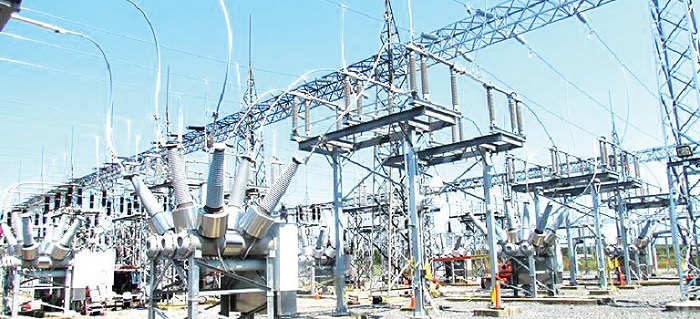The UK risks a shortage in stable electricity generation in the late 2020s as more coal-fired and older gas and nuclear power plants close, research commissioned by energy firm Drax Group showed on Tuesday.
Peak demand for Britain’s electricity is expected to rise by 4 gigawatts (GW) by 2027, the research carried out by consultancy Baringa showed. At the same time, the imminent closure of coal-fired power plants, older gas-fired power generation, and closure of nuclear power plants will remove up to 6.3 GW of secure capacity from the UK’s grid, according to the research.
Dispatchable capacity, which can be called on when needed and which supports Britain’s energy security, will fall from 93% to 85% at times of peak demand, increasing the risk of a supply shortfall, the research found.
The UK will see a surge in intermittent capacity due to the rise in wind and solar capacity installations, but it will still need stable power generation to serve as a backup in times of peak demand.
This winter, for example, National Grid several times has requested coal-fired capacity to be ready to be sent to the grid if needed, at times of soaring demand on the coldest winter days and nights.
On Sunday, natural gas produced 34.8% of British electricity, followed by wind 22.5%, imports 16.6%, nuclear 14.9%, solar 4.6%, biomass 4.5%, and hydro 2.2%, with no coal-generated power sent to the grid, the operator said on Monday.
According to Baringa’s research for Drax, “The system will need to rely on other forms of capacity, such as electricity interconnectors and intermittent renewable generation like wind or solar, to make up the 15% difference at times of peak demand.”
Drax’s biomass power station in Yorkshire, providing 2.6 GW of electricity, is the largest provider of dispatchable power to the GB electricity system, as well as being one of the only renewable sources of secure supply, the company said. Drax also urged the UK government to support its carbon capture and storage project before it can commit to a $2.45 billion (£2 billion) project to install bioenergy with carbon capture and storage (BECCS) technology at its plant.


Comment here